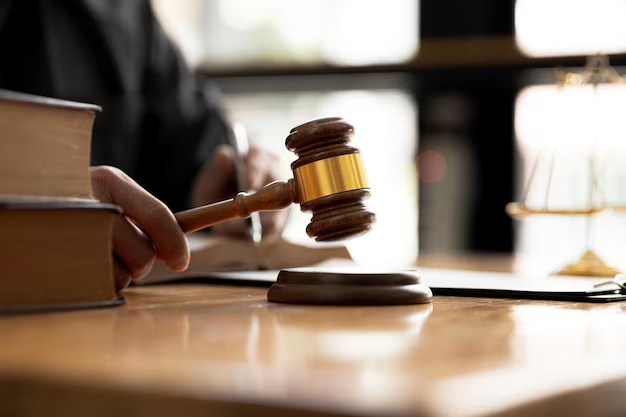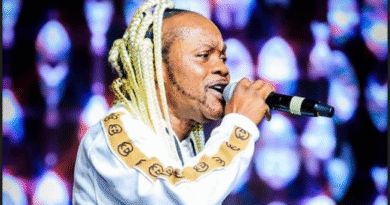Shatta Wale Death Prophecy Lands Pastor In Trouble With Police

Shatta Wale Death Prophecy: Pastor Arrested Amid Public Backlash and Court Charges
A controversial prophecy claiming Ghanaian musician Shatta Wale would be gunned down by unknown assailants has led to the arrest of a 46-year-old pastor — igniting another nationwide debate over the ethics and legality of prophetic declarations in the country.
The man behind the prediction, Reverend Daniel Yaw Donkoh, was apprehended after his TikTok video — in which he described two visions foretelling Shatta Wale’s death — gained wide traction online. In one vision, the musician survives a gun attack and publicly praises God. In the other, he is fatally shot by three masked individuals.
The prophecy did not go unnoticed. Shatta Wale, born Charles Nii Armah Mensah Jnr., took to X (formerly Twitter) demanding the pastor’s immediate arrest. He gave the Ghana Police Service one week to act, warning that inaction would force him to “teach the country a lesson” — clarifying it would be peaceful, yet impactful.
Just days later, video clips showed Reverend Donkoh in handcuffs, reportedly cooperating with law enforcement. On July 28, he appeared before the Dansoman Circuit Court charged with publishing false news. He pleaded not guilty and was granted GH¢20,000 bail with three sureties, one to be justified. He must report to police every two weeks, with the next court hearing set for August 27, 2025.
Prosecutors claim the prophecy has left Shatta Wale and his management shaken, describing ongoing fear and psychological stress triggered by the video’s viral spread.
This isn’t the first time Shatta Wale has been at the center of an apocalyptic prophecy. Back in 2021, a similar prediction from another pastor led the artist to stage his own fake shooting to “expose the recklessness of doom prophecies.” That stunt got both him and the prophet arrested.
The latest arrest has once again sharpened public scrutiny on religious leaders and their unchecked declarations. While some defend prophetic freedom as a constitutional right, others argue that certain messages cross into psychological warfare — sowing fear and destabilizing public peace.
The Ghana Police Service, in recent years, has issued strong warnings against religious pronouncements that threaten public safety. Still, the line between freedom of faith and legal responsibility remains hotly contested.
Ghana’s latest prophecy-related arrest isn’t just another celebrity scandal — it reflects a larger, unresolved question: Where does spiritual freedom end and civil accountability begin? As the court date looms and the nation watches closely, one thing is clear — prophetic declarations in Ghana are no longer beyond scrutiny




